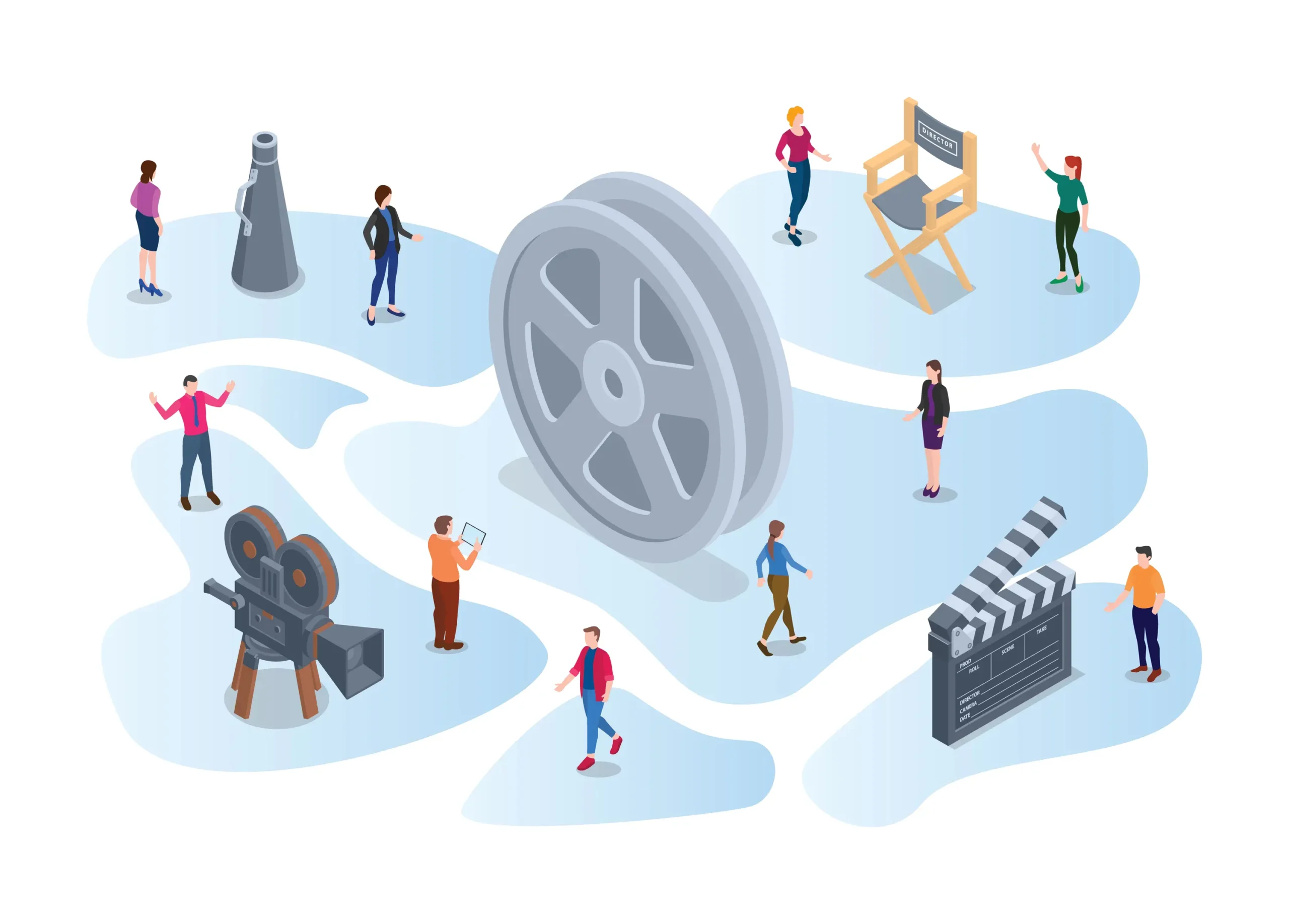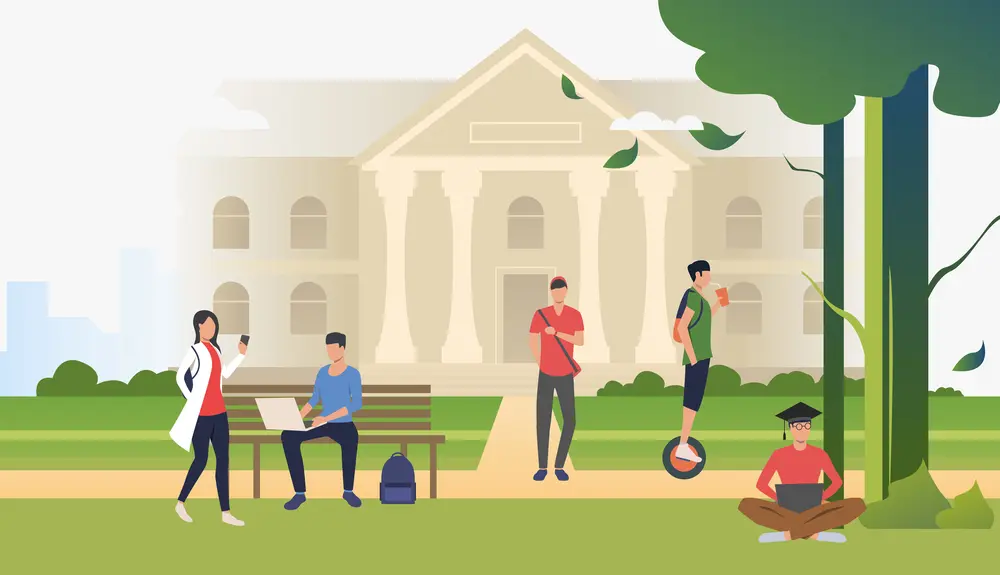Have you ever marveled at the speakers you’ve seen on stage or on television? How can they master the stage and speak so smoothly?
In fact, they have all gone through a process to improve their public speaking skills.
However, it’s not only speakers who are usually on stage, or a presenter who should have this skill, maybe, you need it too.
For example, you can use this skill when presenting in front of company principals or clients.
So, let’s get to know what public speaking is and its benefits.
1. What Is Public Speaking?
Have you ever been amazed by speakers you’ve seen on stage or television? How can they command the stage and speak so fluently? Believe it, they have all gone through a process to improve their public speaking skills.
Public speaking is the process of speaking before a group of people with the purpose of informing, influencing, or entertaining the audience. This activity involves delivering messages or ideas verbally to crowds in various contexts, such as business presentations, speeches, seminars, teaching, or even informal conversations in groups.
Public speaking isn’t just talking—it’s a form of communication involving various elements, including:
- Clear message delivery – Communicating ideas effectively and comprehensibly
- Body language – Using gestures, posture, and facial expressions to reinforce the message
- Eye contact – Building relationships with the audience through appropriate eye contact
- Voice intonation and emphasis – Using variations in tone and volume to maintain attention
- Structure and organization – Arranging messages in a logical and easy-to-follow flow
Public speaking can be differentiated into several types based on its purpose:
- Informative – Aims to provide new information or knowledge
- Persuasive – Aims to convince or change audience perspectives
- Motivational – Aims to inspire and encourage audiences to take action
- Entertainment – Aims to entertain and create a pleasant atmosphere
2. Why Is Public Speaking So Important?
Good public speaking skills provide various benefits, both in professional and personal contexts:
Professional Benefits:
- Enhanced career opportunities – Professionals with good communication skills are more frequently promoted and given greater responsibilities
- Network building – The ability to speak confidently facilitates the process of building professional connections
- Effective leadership – Leaders who can communicate clearly can direct their teams better
- Successful negotiation – The ability to convey ideas and arguments well improves negotiation skills
Personal Benefits:
- Increased self-confidence – The more often you speak in public, the more your confidence grows
- Developing critical thinking skills – Preparation for public speaking trains your ability to organize thoughts
- Broadened perspectives – Interacting with various audiences opens new insights
- Overcoming fears – Practicing public speaking helps overcome glossophobia (fear of public speaking)
- Improved interpersonal abilities – Skills learned in public speaking are beneficial in everyday interactions
In today’s digital era, the ability to effectively convey ideas becomes increasingly important. Those who can communicate their vision, ideas, and solutions clearly have a significant competitive advantage.

3. Basic Public Speaking Techniques
Here are several basic techniques that can help improve public speaking abilities:
Thorough Preparation
- Know your audience – Understand the characteristics, needs, and expectations of your audience
- Define your objective – Clearly establish what you want to achieve from the presentation
- Research your material – Gather information from reliable and relevant sources
- Structure your content – Create an outline with an engaging opening, organized content, and a memorable conclusion
Delivery Techniques
- Control your speaking pace – Don’t speak too fast or too slow, use strategic pauses
- Voice modulation – Vary your pitch, volume, and speed to avoid monotony
- Positive body language – Use upright posture, natural hand gestures, and appropriate facial expressions
- Even eye contact – Look at all sections of the audience, don’t focus on just one point
Overcoming Nervousness
- Deep breathing – Practice breathing techniques to calm yourself
- Positive visualization – Imagine the success of your presentation before you begin speaking
- Over-preparation – Master your material so you can continue even when nervous
- Repeated practice – Regular practice builds confidence and reduces anxiety
Audience Engagement
- Use questions – Ask questions to make the audience think
- Provide relevant examples – Connect material with the audience’s real experiences
- Include humor – Use appropriate light humor to break the ice
- Stories and anecdotes – Use stories to illustrate important points
Use of Aids
- Visual support – Use slides, graphs, or images as needed
- Handouts – Prepare printed materials with important information
- Brief notes – Use small reminder cards instead of reading the full text
- Appropriate technology – Ensure the tools used support the presentation rather than distract from it
Developing public speaking skills takes time and consistent practice. Start with small forums and gradually progress to larger audiences. Joining public speaking communities or clubs is also very helpful for getting constructive feedback.
Conclusion
Public speaking is an important skill that can be learned and developed by anyone. With a good understanding of basic principles and consistent practice, everyone can improve their ability to speak in public. The benefits of this skill are not limited to formal situations but also positively impact various aspects of personal and professional life.
@america’s Free Public Speaking Training
For those interested in learning and practicing public speaking skills, there are many resources available.
Many communities offer free public speaking workshops and practice sessions. Consider joining organizations like Toastmasters International that provide structured environments to develop your communication and leadership skills.
But don’t worry, you can join this Toastmasters club in @america! Check the detailed information here!















